This season's NBA regular season schedule is nearing the halfway point, with fierce competition in both the East and West. The East has nine teams with a win rate above 50%, which hasn't happened in the past five years. Teams like the Pistons and Hawks are just one step away from fourth place Milwaukee, while many so-called weak teams actually have lineups and tactical styles that can counter the Eastern leaders, such as the Hawks' double victory over the Cavaliers this season. Even the defending champion Celtics are on a downward trend this season, with poor integration of Porzingis into the team, aging Horford and Holiday, and the team relying solely on Tatum.

In the West, the top-ranked Thunder and second-placed Rockets have relatively stable positions, while the Grizzlies and Nuggets are in competition. From fifth-place Clippers to twelfth-place Spurs, there is only a three-game difference.
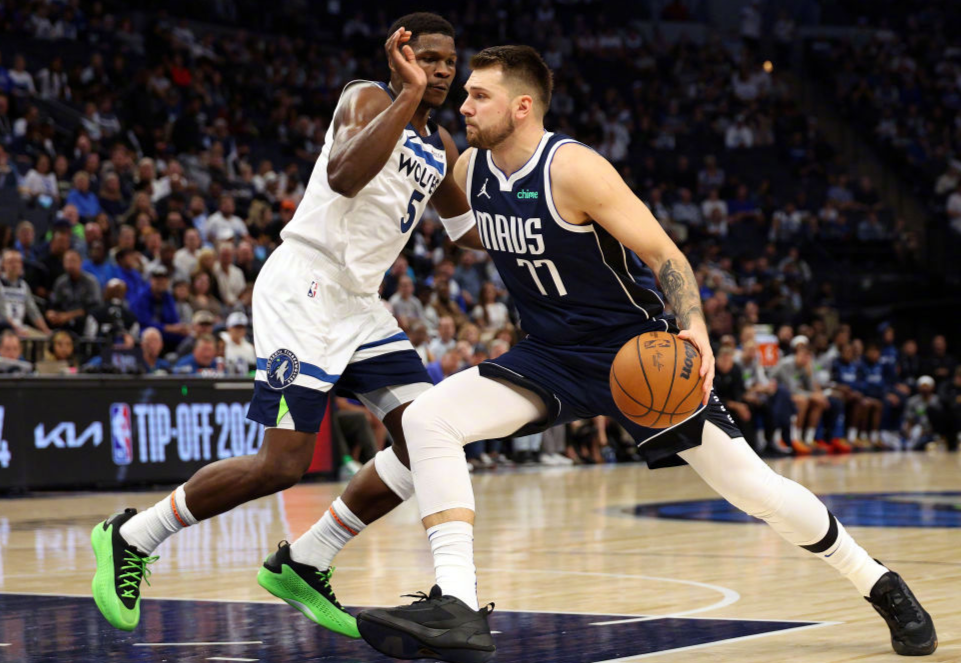
With Leonard's return and gradually finding his touch, the pressure on Harden has decreased, and the team is slowly entering a new trajectory. The Lakers have no upper or lower limit; they can lose to anyone but also potentially win some games, depending on whether LeBron and Davis can hold up. The Warriors and Suns are hovering around tenth place in the West, with significant issues for both teams. After Kuminga's injury, Curry lacks ball-handlers around him, and his own age is affecting his dominance. The Suns are keen on finding more support for Booker and Durant, but Beal is unwilling to leave, leaving them with minor adjustments that won't change their overall competitiveness.
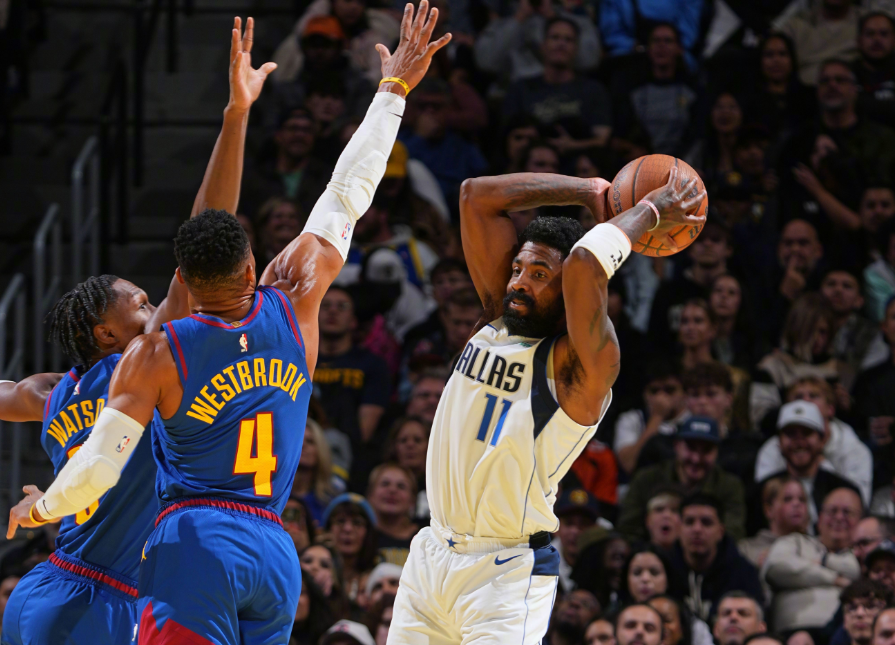
However, there is another team in an even more awkward position: last season's Western Conference champions, the Mavericks, who are now struggling and starting to plummet.
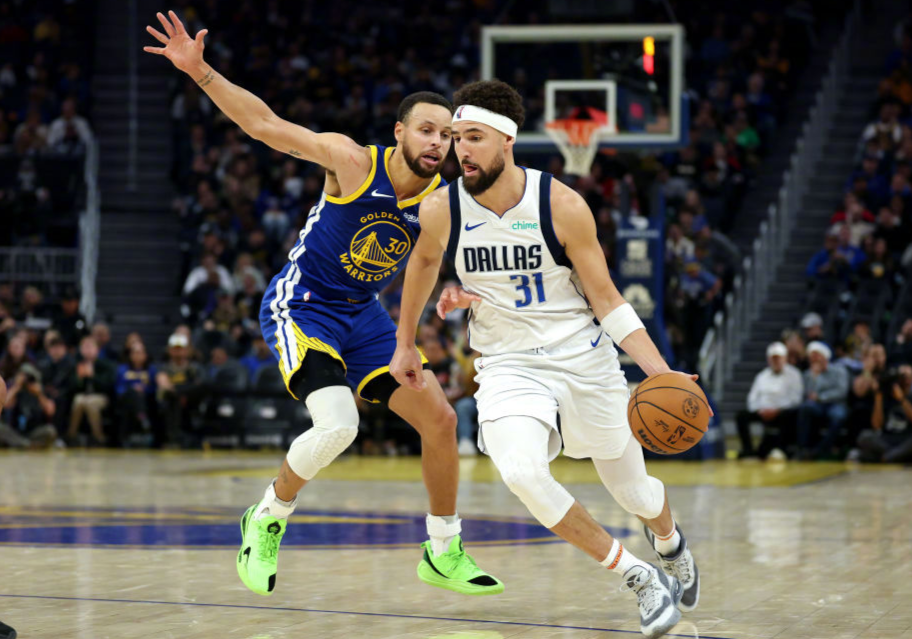
The situation began with Doncic's injury during the Christmas Day game against the Timberwolves, where he suffered a calf strain and is expected to return no sooner than early February. This means Doncic will be out of contention for various individual awards. However, after Doncic's injury, the team unexpectedly suffered a five-game losing streak from late December to early January, including a loss to the Trail Blazers, who are tanking, with Irving scoring 46 points in vain. In subsequent games against the Rockets, under the intense defense of the young Rockets, Irving only managed 16 points, failing to take on the role of the leader. To make matters worse, Irving also got injured with a bulging disc. Without the Doncic-Irving duo, the Mavericks were still able to win against the Trail Blazers and achieve a 21-point victory over the Lakers.

But then came another unexpected three-game losing streak. This included a 19-point defeat at the hands of the Nuggets without Jokic, allowing Murray to score 45 points and regain his form. Upon Irving's return, his condition was not fully recovered, shooting only 4 out of 18 for 11 points. The Mavericks then surprisingly lost to the bottom-ranked Pelicans in the West, who are typically seen as easy opponents. So what exactly are the problems with the Mavericks?
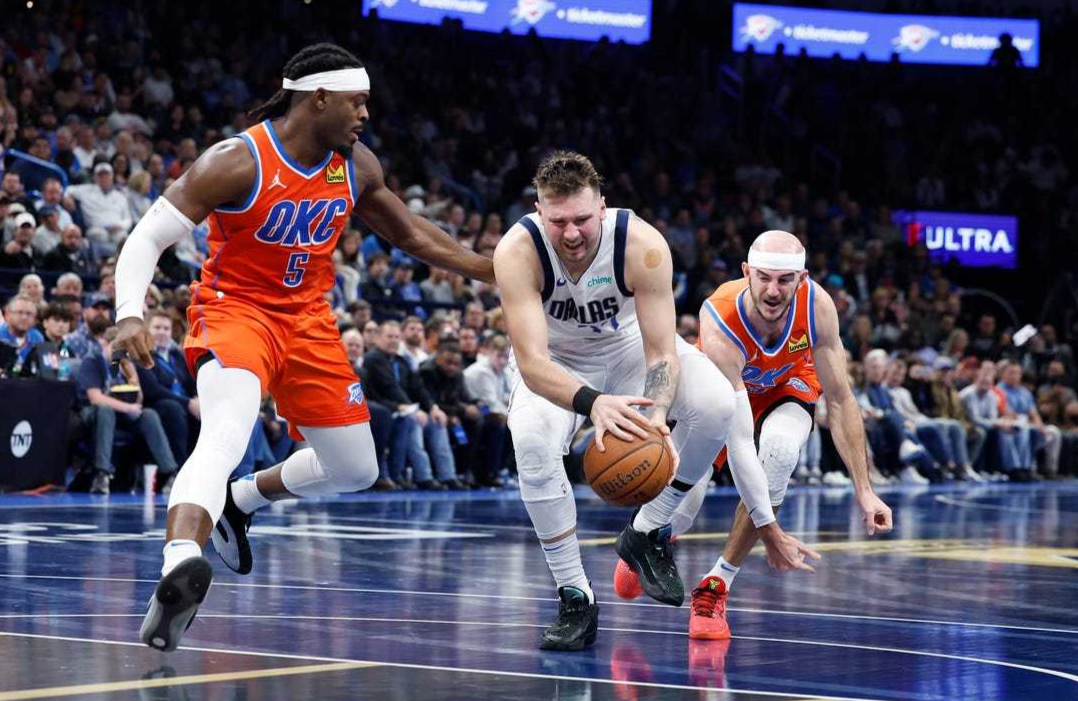
There are three main aspects: firstly, Irving lacks the ability to lead a team on his own. He has a history of leading teams to tank and compile stats, causing turmoil when he joined the Celtics, and being inconsistent with the Nets, hindering Harden. Irving is undoubtedly a top-notch playmaker and a historically elite finisher, but he cannot be the leader.
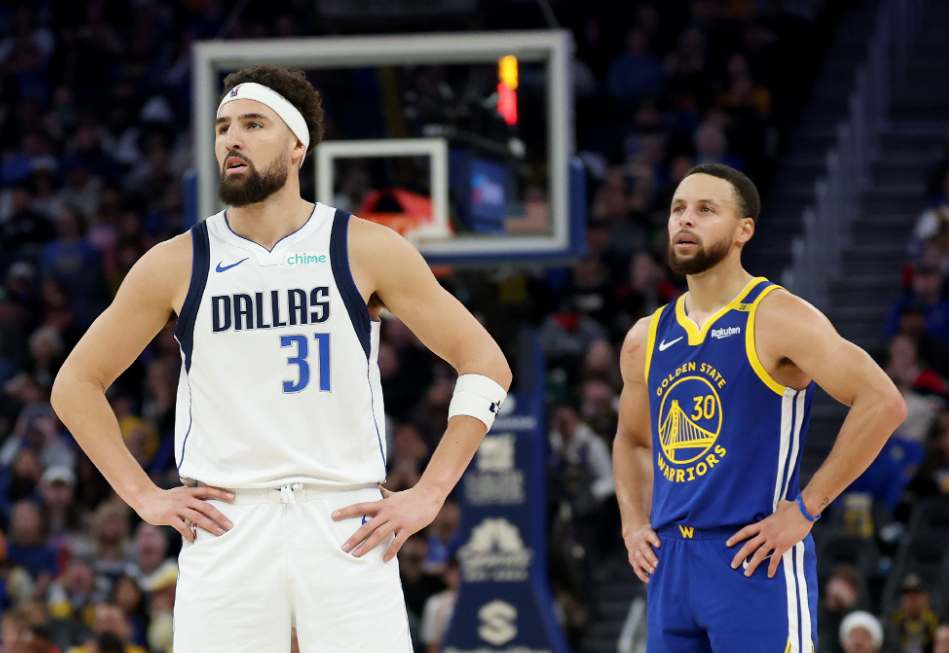
Secondly, Klay's performance has significantly declined. This season, Klay is averaging 13.9 points and a 37% three-point shooting percentage, compared to last season's 18 points and 38.7% with the Warriors. On one hand, the Mavericks lack the support system that the Warriors provided for Klay, without the selfless Curry and good friend Green constantly feeding him the ball. On the other hand, Klay's defensive effectiveness has not kept up, and the Mavericks' promise to ensure Klay's starting position has backfired. They replaced the outstanding defensive player De'Anthony Melton with Klay, who is on a downward trajectory, resulting in a decline in the team's overall defense. Lastly, the star player lacks the durability to maintain a high floor.
But can these problems be resolved once Doncic returns? Assuming Doncic can return smoothly in early February and Irving fully recovers, the Mavericks only lead the twelfth-place Spurs by two wins. According to the upcoming schedule, the Mavericks face twelve challenging games before the All-Star break, including two against the Celtics, two against the Thunder, and matchups against strong teams like the Cavaliers, Rockets, and Timberwolves. Based on Stat's projections, the Mavericks' win rate is likely to drop below 50% before the All-Star weekend, forcing them to start from twelfth place in the West! This means higher-intensity games and a more arduous climb await Doncic and Irving! Can their bodies withstand the pressure? And even if they make it to the playoffs, what then?
Last season, the Mavericks were able to reach the Finals, benefiting from a favorable schedule. They faced a Clippers team without Kawhi in the first round, a Thunder team without an interior presence in the second round, and a Timberwolves team exhausted by the Nuggets in the conference finals. However, this season, all of last season's advantages have slowly turned into disadvantages, and Doncic's defensive performance is actually subpar. In essence, the Mavericks resemble a pseudo-powerhouse, and this season is pretty much set. Moreover, in the future, Klay's role will become increasingly awkward, with no one willing to indulge him like Curry and the Warriors did.